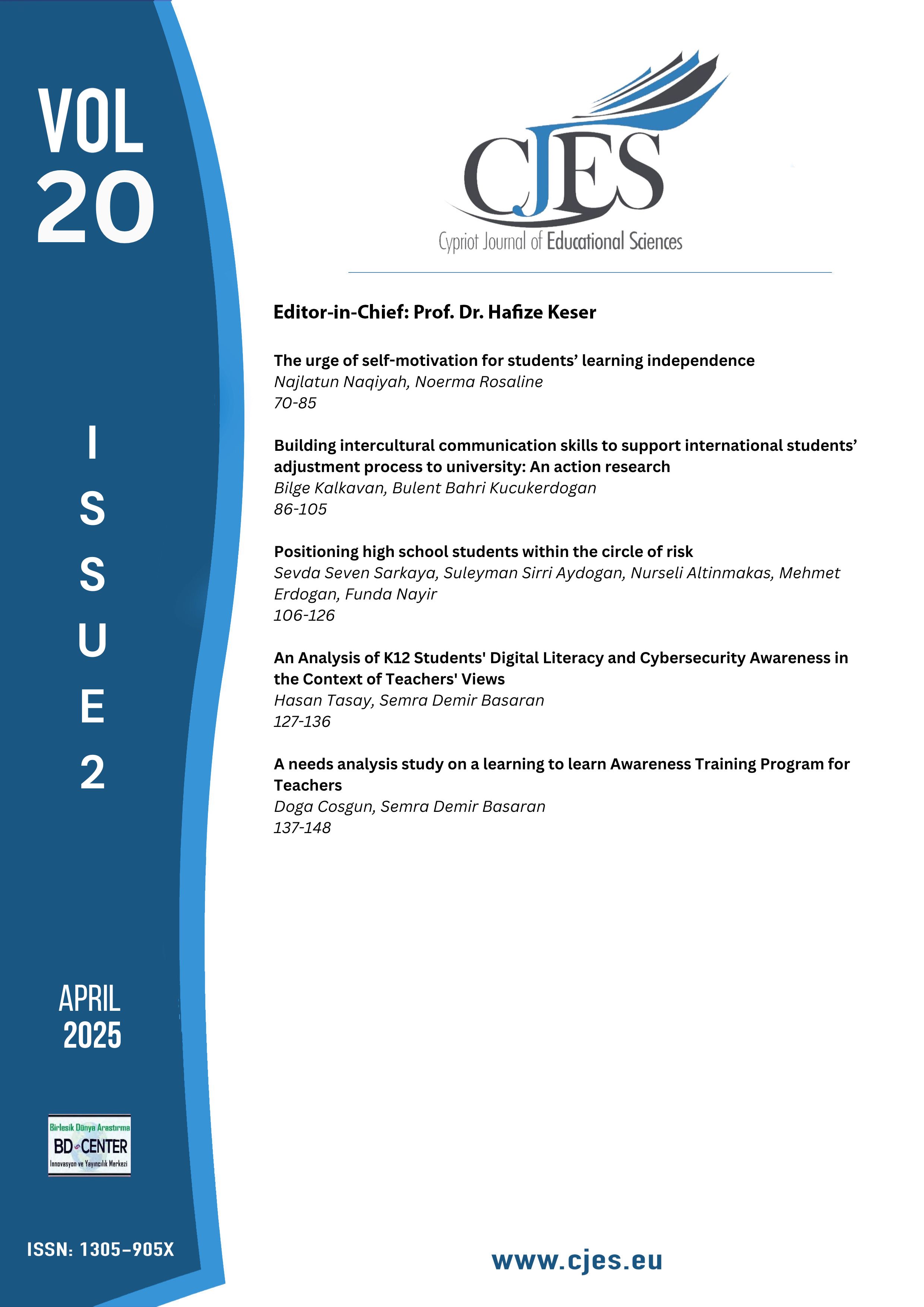The urge of self-motivation for students’ learning independence
Main Article Content
Abstract
This study examined the theoretical and empirical relationships between parenting style, self-esteem, and motivation, and their influence on students' learning independence amid increasing external distractions, particularly those related to digital media. While previous research had explored factors affecting academic performance, limited attention had been given to how these psychological and environmental variables jointly shaped students’ capacity for autonomous learning. The objective of the study was to evaluate the extent to which parenting style, self-esteem, and motivation contributed to the development of independent learning. A quantitative design was employed, and data were collected through questionnaires administered to junior high school students. Multiple linear regression analysis was used to assess both individual and combined effects of the independent variables. The findings indicated that all three factors significantly influenced learning independence, with motivation emerging as the most dominant predictor. These results underscore the importance of fostering motivational strength and cultivating supportive home environments to enhance students’ self-directed learning. Implications extended to parental practices and educational interventions, emphasizing the value of democratic parenting and the development of self-esteem and intrinsic motivation. The study also identified an unresolved question regarding the continuity of these influences as students progressed to higher levels of education.
Keywords: Authoritarian parenting; democratic parenting; learning independence; motivation; self-esteem.
Downloads
Article Details

This work is licensed under a Creative Commons Attribution 4.0 International License.
Cypriot Journal of Educational Sciences is an Open Access Journal. The copyright holder is the author/s. Licensee Birlesik Dunya Yenilik Arastirma ve Yayincilik Merkezi, North Nicosia, Cyprus. All articles can be downloaded free of charge. Articles published in the Journal are Open-Access articles distributed under a CC-BY license [Attribution 4.0 International (CC BY 4.0)].
Birlesik Dunya Yenilik Arastirma ve Yayincilik Merkezi (BD-Center)is a gold open-access publisher. At the point of publication, all articles from our portfolio of journals are immediately and permanently accessible online free of charge. BD-Center articles are published under the CC-BY license [Attribution 4.0 International (CC BY 4.0)], which permits unrestricted use, distribution, and reproduction in any medium, provided the original authors and the source are credited.

